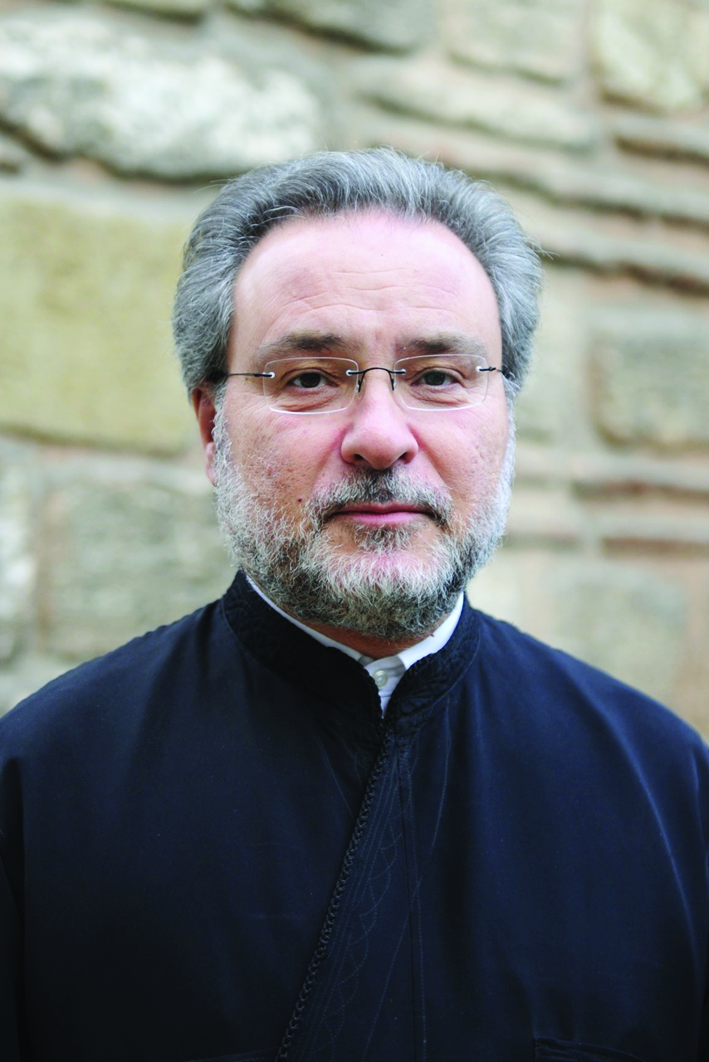By Peter Anderson
Social ethos of the Orthodox Church

Chairperson of the theological commission: Greek Orthodox Archdeacon John Chryssavgis
Since the promulgation of the encyclical letter Rerum Novarum in 1871, the Catholic Church has developed through the Second Vatican Council and various encyclical letters a well-defined set of social teachings. In 2005, these teachings were summarized in the Compendium of the Social Doctrine of the Church. Due in part to the existence of multiple autocephalous Orthodox churches and the past persecution of many of these churches in Communist states, the Orthodox Church has lagged behind the Catholic Church in articulating a set of social teachings.
In 2000, the Bishops’Council of the Moscow Patriarchate adopted a document entitled The Basis of the Social Concept. It consists of 16 chapters and is a long and fairly comprehensive document. In June 2016, 10 of the 14 autocephalous Orthodox churches met at the Council in Crete and approved a number of documents including one entitled, The Mission of the Orthodox Church in Today’s World. Although the Crete documents cover a number of important current issues, they do not constitute a comprehensive set of social teachings.
In an effort to provide such a comprehensive set, Ecumenical Patriarch Bartholomew established in June 2017 a commission of theologians “to prepare a formal document on the social doctrine of the Orthodox Church.” The commission consisted of its chairperson Archdeacon John Chryssavgis and 11 other theologians. Of the 12 theologians, nine, including the chairperson, reside in the United States.
The commission produced a document entitled For the Life of the World: Toward a Social Ethos of the Orthodox Church. The document was based in part on input from 25 dioceses of the Ecumenical Patriarchate throughout the world and was approved for publication by the Holy Synod of the Ecumenical Patriarchate in January 2020.
The entire document can be read at goarch.org/social-ethos. Although one might sometimes consider the Orthodox to be conservatives, this is not a conservative document. For example, it states that every government should seek “to provide universal healthcare” and for those who cannot procure such care for themselves, such care should be provided at public expense. (§40) It advocates a liberal immigration policy and, with respect to the United States, specifically criticizes “political leaders not only encouraging fear and hatred of asylum-seekers and impoverished immigrants but even employing terror against them.” (§67) It also states that the “Orthodox Church rejects capital punishment.” (§48)
The document does depart from the social doctrine of the Catholic Church in certain respects. For example, it states that the “Orthodox Church has no dogmatic objection to the use of safe and non-abortifacient contraceptives within the context of married life” as “a provisional concession to necessity.” (§24) It provides that “the Church also allows for remarriage, albeit acknowledging in its rite for second marriage that this is an accommodation, not an ideal.” (§22) Nevertheless, the document’s similarities with Catholic social teachings far outnumber the differences.
The document is an important step but cannot be considered the final word from the Orthodox Church as a whole. Ecumenical Patriarch Bartholomew referred to it as an “exceptional essay.” Greek Orthodox Archbishop Elpidophoros of America has called it “initiation of a continuing meditation.” Perhaps because of preoccupation with the pandemic, other Local Orthodox Churches have given relatively little attention to the document to date. Some of the provisions of the document are controversial among Orthodox theologians, such as the approval of contraceptives.
The authors of the document express the hope that all of the Orthodox faithful will prayerfully discuss the document, which has been published in 13 languages. It is indeed an excellent document that should be widely read.





Facebook Comments